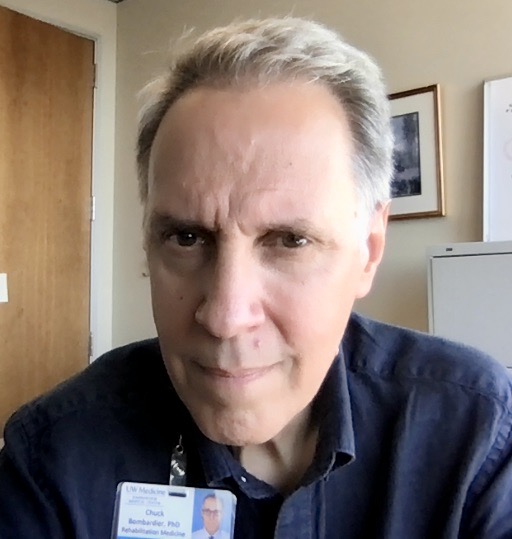
Edvard Moser
Prof. at Kavli Institute for Systems Neuroscience, Norwegian University of Science and Technology, Trondheim, Norway.
Title: Neural computation of space and time
Read moreShow less
Bio: Edvard Moser is a Professor of Neuroscience and a Scientific Director of the Kavli Institute for Systems Neuroscience (KISN) and the Norwegian University of Science and Technology (NTNU) in Trondheim. He is interested in neural network coding in the cortex, with particular emphasis on space, time and memory. His work, conducted with May-Britt Moser as a long-term collaborator, includes the discovery of grid cells, which provides clues to a mechanism for the metric of spatial mapping. His current aim is to unravel how neural microcircuits for space and time are organized as interactions between large numbers of diverse neurons with known functional identity, an endeavour that is significantly boosted by the development of Neuropixels probes and 2-photon miniscopes for freely-moving rodents. Edvard Moser received his initial training at the University of Oslo under the supervision of Per Andersen and worked as a post-doc with Richard Morris and John O’Keefe. In 1996 he accepted a faculty position in psychology at NTNU. He became a Founding Director of the Centre for the Biology of Memory in 2002 and of KISN in 2007. Together with May-Britt Moser, he has received numerous awards, including the 2014 Nobel Prize in Medicine or Physiology.
In the opening lecture prof. Moser will review recent advances in our understanding of the brain´s mechanisms for tracking space and time, brain functions that are generated not merely by integration of sensory inputs but rather by internal dynamics of the cortex. In mammals, space is mapped by complex neural networks in the hippocampus and entorhinal cortex. These brain areas contain specialized position-coding cell types, including grid cells, which we discovered in the medial entorhinal cortex in 2005. Grid cells are active when animals are at certain locations, locations that tile environments in a periodic hexagonal pattern. Moser will show how the dynamics of networks of hundreds of grid cells arises in the interactions of large populations of grid cells and how the activity of these ensembles operates on low-dimensional manifolds. He will also show how time and sequences are encoded across scales from seconds to hours within the overall population state of the entorhinal cortex and how specialized dynamics of lateral entorhinal cell populations provides the brain with a neural code that changes uniquely with the passage of experienced time.
Photo credit: Torgrim Melhuus/ Kavli Institute for Systems Neuroscience





